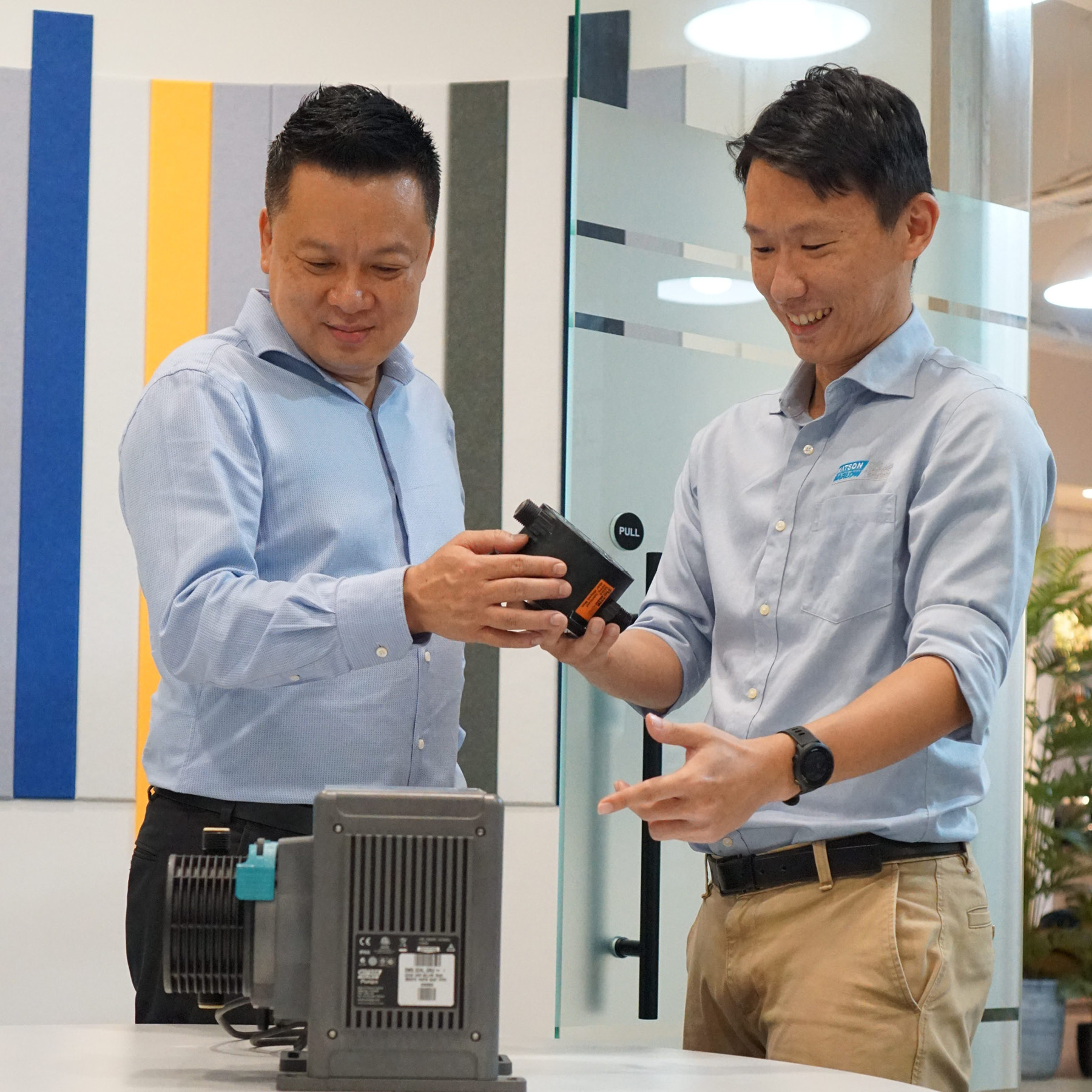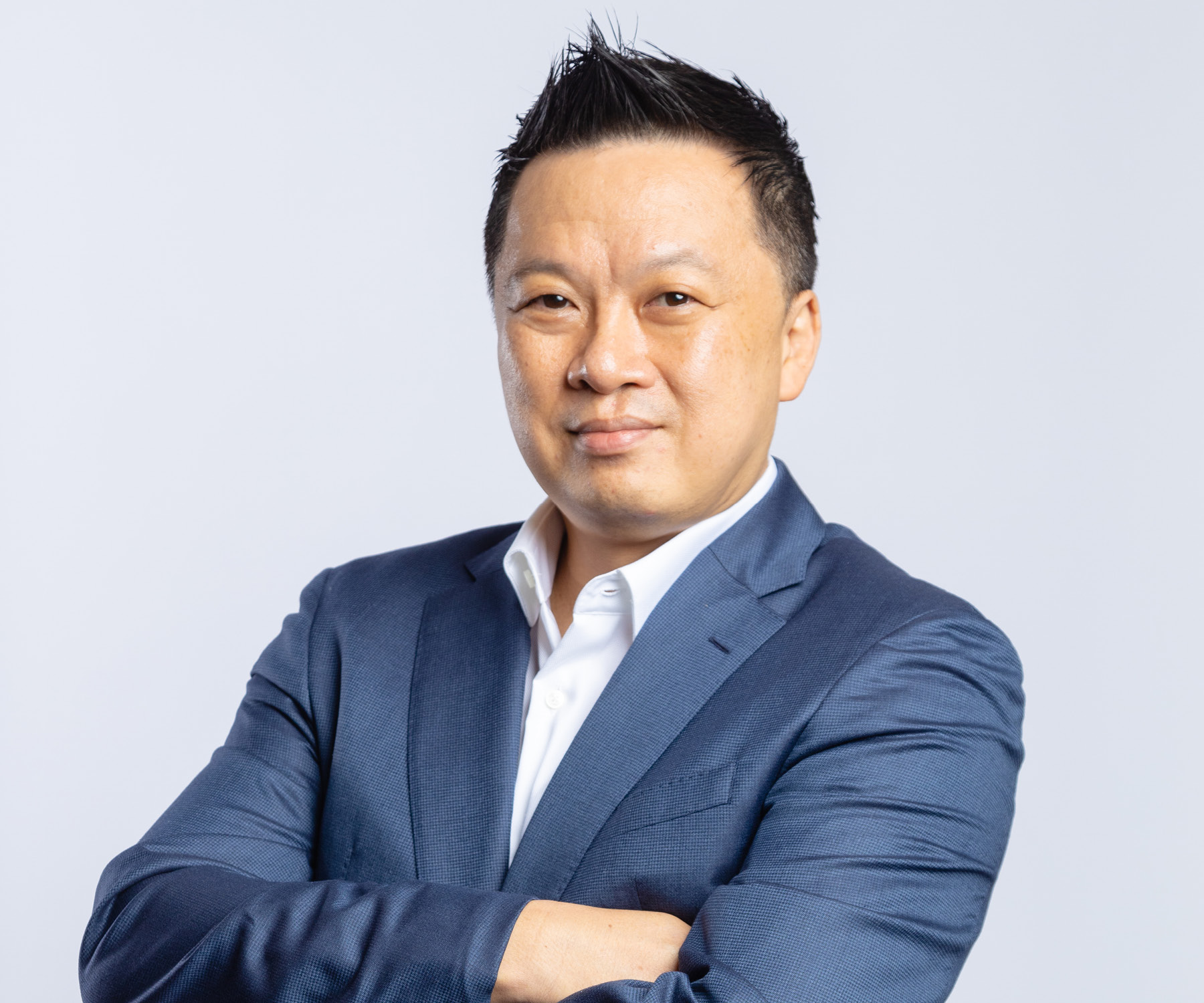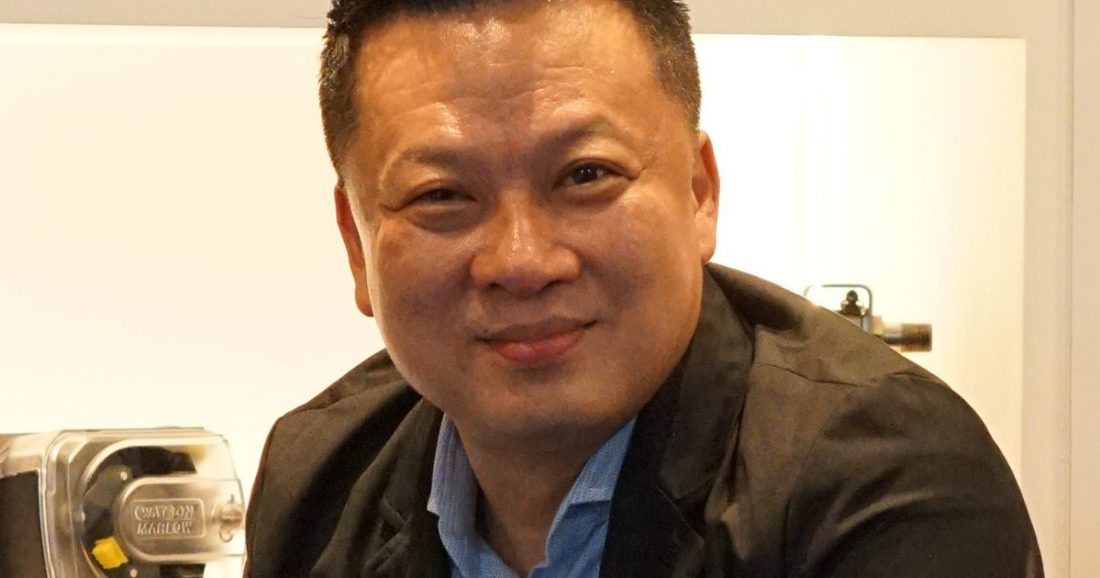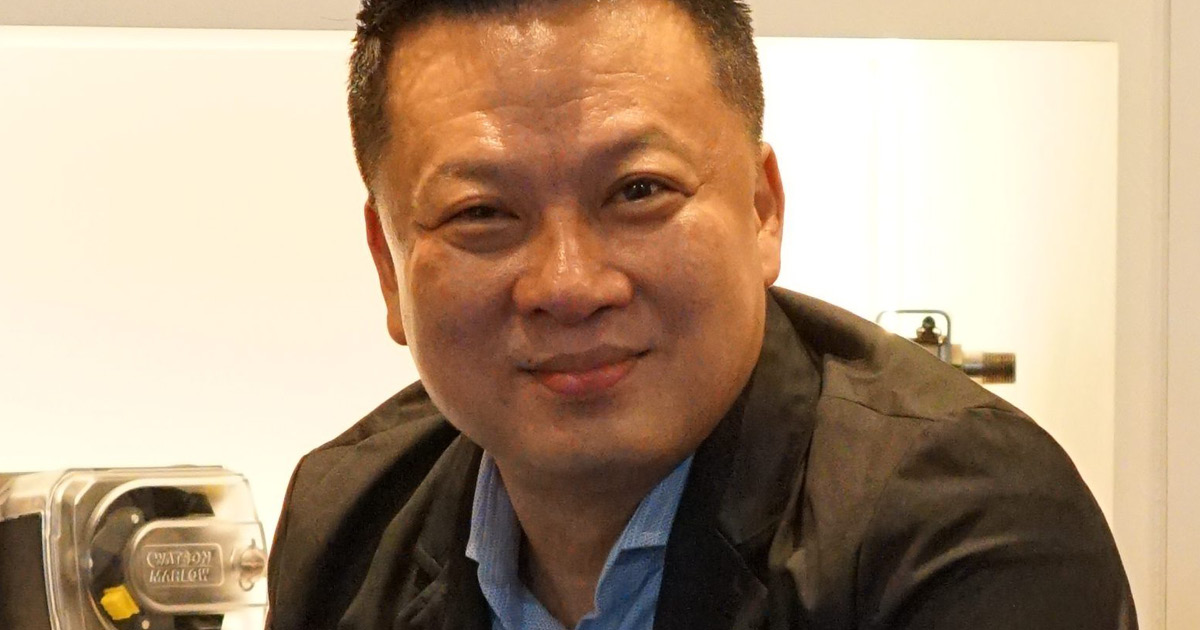Jacky Chan’s December 2019 appointment to the position of Divisional Director Asia–Pacific at what is now known as Watson-Marlow Fluid Technology Solutions (WMFTS) could be seen by many as terrible timing, coming just before the outbreak of the COVID-19 pandemic.
But the reality is that the pandemic provided him with an opportunity to thoroughly assess the company he had newly joined, as well as its operations while in its most vulnerable state.
For, while those disruptions prompted a time of great uncertainty, they also set the scene for some clear thinking and profound realizations for Chan and his team. Among them, the value of in-person communication.
“We prefer face-to-face,” he tells The CEO Magazine.
The implementation of social distancing measures meant that WMFTS had to think outside the box to demonstrate its products and also to engage its own people via video and phone.
But despite these unprecedented challenges, the company continued to thrive. “Within those first three years, we actually doubled business for the Asia–Pacific region,” Chan shares.
Evolution in Progress
Established in 1956 with its launch of the peristaltic pump, WMFTS has since become the world leader in this area, as well as in associated fluid path technologies for a variety of industries such as food, pharmaceutical, chemical and environmental. The company now comprises 10 brands within the field, with Chan responsible for all of them in the Asia–Pacific region.
On the back of the sustained period of growth that began during the pandemic, in April 2022, the company changed its name from Watson-Marlow Fluid Technology Group, a name change designed to align with its strategic commitment to providing end-to-end fluid management solutions for customers.
In the same year, the company also unveiled its dynamic new office space in Singapore. Its design incorporated the curved lines and rounded shapes associated with fluids – the substance around which the company has been built. It’s an innovative layout that is designed to enhance the company culture, Chan explains.

“It’s a culture that is driven by individual purpose and how we support people.”
“It’s a culture that is driven by individual purpose and how we support people,” he expands. “Our employees all play important parts regardless of what they’re doing.”
As part of this approach, Chan has steered the company away from a hierarchical structure.
“I do not have an office and all my senior officers do not have offices,” he says. “That’s a starting point. We have created a safe environment where people can just sit around and talk to people, engage with people. That is a really good thing.”
These shifts are essential in a post-pandemic world, according to Chan.
“The pandemic has changed quite a few things. Things move much more quickly now,” he says. “The old style of leadership needs to be shelved and we need more people to be agile. We need to make sure that people are working together to lead and take action.”
Inclusiveness has also been a major focus, encompassing gender, race and disability. Developing its talent and creating opportunities for its people, raising them up through the ranks, is also crucial to WMFTS’ future growth, he stresses.
Incorporating Innovation
This is particularly true as the company prioritizes digitization and sustainability in its group strategy.
“We can provide the overall direction, but it’s the people who execute it and drive it,” Chan says.
While the details of the company’s foray into the ever-evolving sphere of digitization are confidential, Chan can reveal that AI is increasingly playing a role throughout its processes, with staff being trained accordingly and plans to ramp up its efforts in this area.
“We are working hard as a group on doing that,” he says.
When it comes to sustainability, strategies are already in place at every level of WMFTS’ operations. “I manage a lot around net zero for example, in terms of changing all our vehicles into EV vehicles and also doing a lot of things in terms of sustainability with our customers,” he says.

“We are very serious about sustainability. All our goals and measurables extend all the way into communities.”
“Our customers have a lot of sustainability objectives. We create projects together with our key customers to align some of our resources and objectives by working together. We are very serious about sustainability. All our goals and measurables extend all the way into communities,” he adds.
These include, on the biodiversity side, the planting of several thousand trees in India last year. “We have really specific goals and things that we want to do and people are truly driven by that,” Chan says.
Its journey to heighten WMFTS’ role in protecting the future of the planet is one which it shares with its customers and other stakeholders, ultimately bringing them closer.
“We want to drive on that and let people really understand our story,” he stresses. “It’s still a journey. I think we’re just starting.”




